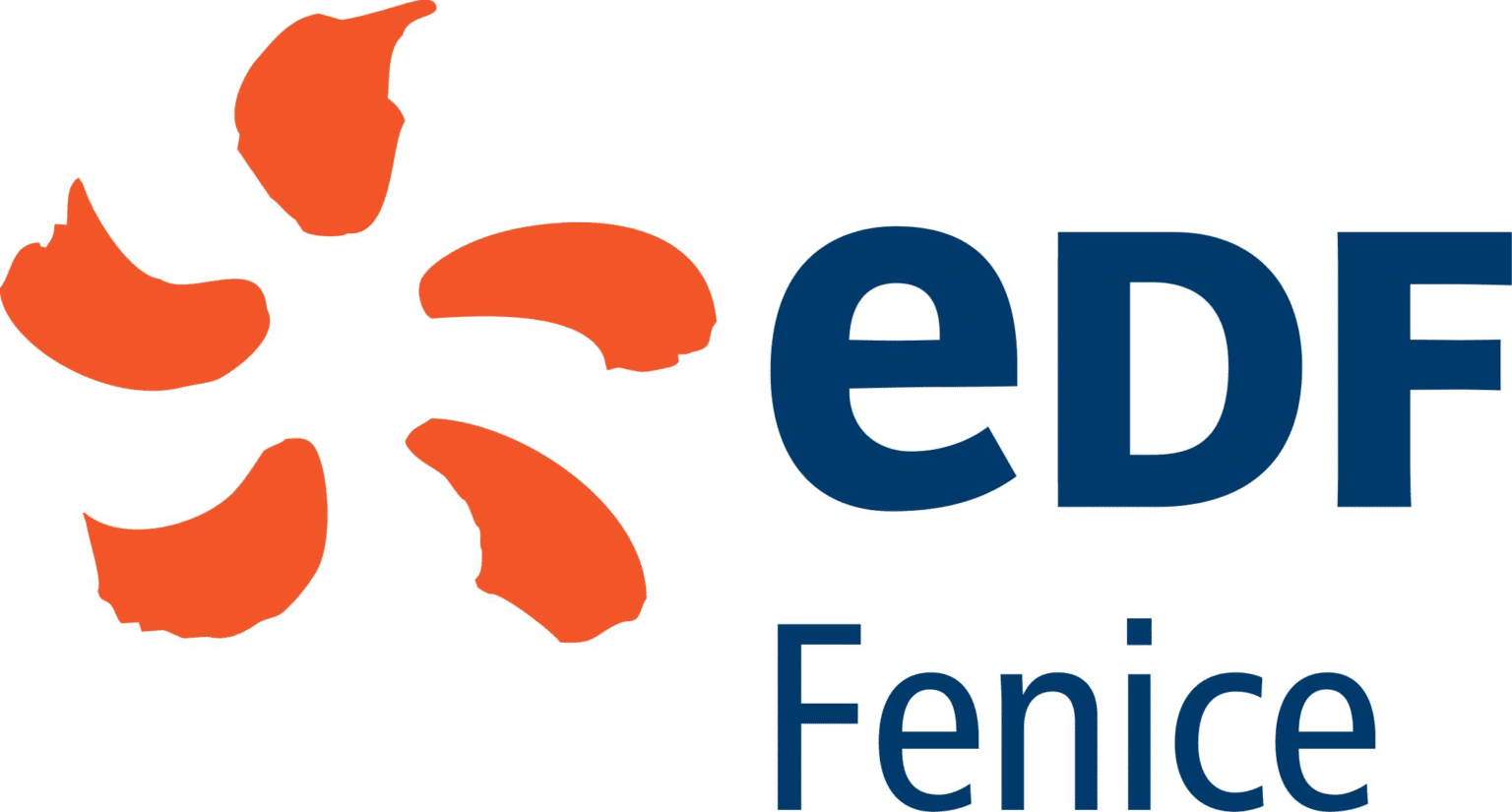EDF intensifies its presence in Morocco through a series of ambitious projects in the field of renewable energy. From solar to wind, including green hydrogen, the French group is multiplying initiatives to consolidate its role in the Kingdom’s energy transition. Already involved in several structural projects, EDF takes a new step by heavily investing in sustainable development.
Among the flagship projects is that of green hydrogen, for which EDF has submitted a bid as part of the national initiative “Offer Morocco.” The goal is to secure a land area of 30,000 hectares to establish a production complex integrating renewable capacities, storage (BESS), and several hundred megawatts of electrolysis. While the investment amounts remain confidential, EDF has already announced its intention to multiply its financial commitments in the Kingdom by ten.
According to the group, the implementation of this project could lead to a significant increase in employment, skills transfer, and the structuring of a local industrial ecosystem dedicated to green hydrogen. EDF even aims, through this project, to position Morocco as a future global hub for this emerging sector. This is not the first time the operator has embarked on this type of development: in Oman, EDF is already leading a green ammonia project of one million tons per year.
In parallel, EDF continues to advance its wind projects. After winning the tender for the Taza wind farm (150 MW), whose first phase of 87 MW has been operational since 2022, the group is accelerating the second phase. This part of the project was marked by a highly symbolic signing, in the presence of King Mohammed VI and President Emmanuel Macron, during the French state visit in October 2024.
The group has also positioned itself for the “Nassim Nord” wind program, which includes the Koudia Extension (150 MW) and Dar Chaoui (250 MW) projects, in the provinces of Fahs-Anjra and M’diq-Fnideq. These projects would complement the setup established by EDF in northern Morocco, where it has already conducted the repowering of the Koudia Al Baïda wind farm (100 MW), which came into service in 2024.
On the solar front, EDF is part of the consortium selected to develop the hybrid Noor Midelt I complex, alongside Masdar and Green of Africa. This project, awarded in 2019, is currently in the final stages of its financial structuring. The power purchase agreement has already been signed, and the closing is expected in the second half of this year.
The company is also aware of the potential for private production. Since 2022, EDF Renewables Morocco has been offering photovoltaic solar self-production solutions to private actors. The goal is to help its clients reduce their energy bills while providing them with clean energy. Among the companies that have used its services are Richbond (2.4 MWc) and Jacob Delafon (1.7 MWc). Seven projects totaling nearly 15 MWc have been won, some of which are already in operation.
EDF also offers CPPA (Corporate Power Purchase Agreement) solutions, allowing companies to source decarbonized energy even outside their site, in accordance with law 13-09. This diversification positions the group as a central player in decentralized production in Morocco.
With its historical presence in Europe and North America, EDF is now turning to emerging markets with high potential. Morocco is prominently featured in this strategy of geographical rebalancing, alongside South Africa, India, and the United Arab Emirates. Present in the Kingdom since the 1970s, the company created EDF Morocco in 1997, followed by its renewables branch in 2012.
Its institutional partnerships with ONEE, Masen, and local electricity distribution authorities have allowed the group to operate in areas as varied as hydraulic production, storage solutions, and technical training. Between 2023 and 2024, its gross installed capacity in Moroccan wind energy increased from 87 to 187 MW (+115%), while its net capacity held surged from 34 to 84 MW (+147%).
This dynamism reflects a clear desire to establish a lasting presence in the Moroccan energy landscape. EDF aims not only to support the country’s green transition but also to play a driving role by investing in future infrastructures and building strong long-term partnerships.


